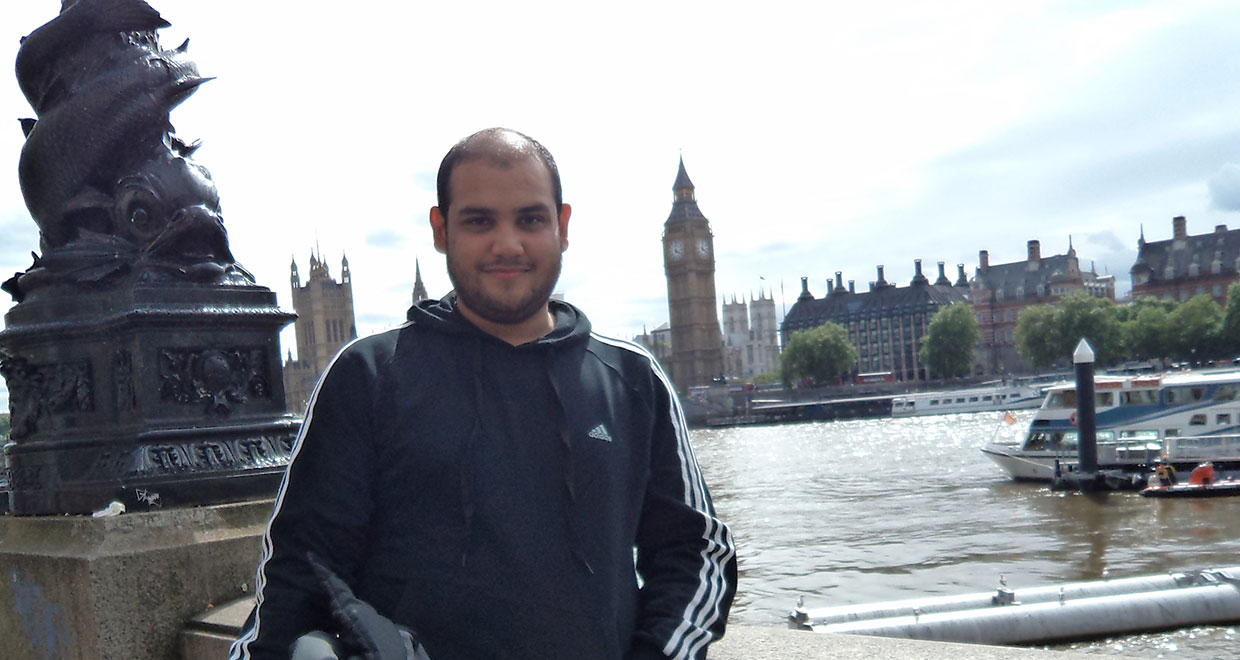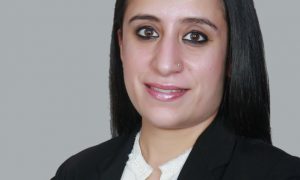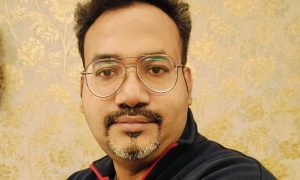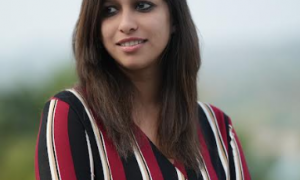Abhishek Singh graduated in the 2014 batch of NALSAR, Hyderabad. He has participated in the international student exchange program of NALSAR with University of Illinois, Urbana Champaign and has secured a trainee contract from a magic circle law firm.
In this interview we ask him about:
- Experience as a part of an International Student Exchange program
- Cracking the rigorous online tests and interviews of a Magic Circle Firm
- Bagging a Training Contract from Linklaters
Tell us a bit about your childhood, your hometown and your pre-graduate life.
I was born in Siddarthnagar. Due to the transferable nature of my father’s job, I was brought up in different cities across U.P. When I was in Class VII, our family took a conscious decision of settling in Lucknow for a while so as to focus on my brother’s and my education. I completed Class X and XII from St. Francis College, Lucknow.
Why did you decide to study law?
I studied Science with Maths in class 12. Frankly, I was never interested in studying Science hence after an unsuccessful attempt in the engineering entrance exams I began looking for other career options. My initial plan was to study Economics or Political Science and even took admission in Delhi University. However, during this time I came to know about the Five Year Law Program. I did some research, spoke to my family members and decided to take the plunge. The technicality of law and its close relationship with other social sciences like Economics, Political Science attracted me towards it.
What were your areas of interest during your graduation?
My area of interest always evolved during my graduation. This is because I had never given a serious thought about what I would want to do after graduation. Until my second year I wanted to do an MBA after law school. Hence, I interned with LLC, one of the India’s first organizations which provides consultancy to law firms.
Even my law interests were always varied. I liked studying criminal law and Corporate Law. To this end I always utilised my internships well and tried to intern in places where I could know more about these areas.
Tell us about your student exchange program?
I went to University of Illinois, Urbana Champaign (UIUC) in my third year where I studied International Tax, International Criminal Law, International Commercial Arbitration and Comparative Law. Apart from the cultural exposure, in all forms, that a student from India is exposed to, being taught by some of the renowned law professors like Prof. Garoupa and Prof. Dharmapala was one of the most academically satisfying experiences. The courses and the professors challenged me to not just adjust quickly in a new country but also work towards getting grades in tough courses.
In terms of academics how will you distinguish University of Illinois with NALSAR?
I went on exchange before NALSAR had introduced choice based credit courses. Hence it was amazing to see the diverse number of courses on offer in a semester. The focus was more on exposure to the practice of law which is actually required in a commercial set up than the black letter of law, which one can always read from the books. For example, my International Arbitration Professor was a practising arbitrator. He took great efforts in explaining the qualities one should look for while a party is looking for an arbitrator and the consequences of a ‘bad choice’. Normally, one would not find such things in a book.
When did you start thinking in law school to opt for a training contract from a foreign law firm?
Having gained substantial experience by the end of the third year, I was clear that I wanted to work in a commercial law firm but the thought of applying for a training contract never occurred to me. It is only when the application process for foreign firms started and I saw my friends applying for it, I decided to give it a chance.
What sources, materials, books, newspapers or blogs did you read to crack commercial awareness?
Linklaters, like all other magic circle firms pays a great attention towards commercial awareness. It is basically about putting yourself in the shoes of your clients and think what decisions you would have taken had you been in his position. It is what drives decision making in any deals that you are going to work on in any commercial law firm.
The best place to start is by reading the business section of any daily newspaper. Pick up one or two deals that are currently happening and try to get as much information about them as you can. It will help you in understanding the thought process of decision makers.
How was your experience in applying to Linklaters?
The application is the most important thing in the whole process. I found that the application process is intensive enough to require you to first, introspect about your whole life and career and subsequently present it in a form that the firm requires. Hence, before writing the application, do make an effort to read as much as possible about the firm and its practice areas. In an effort to make the application unique some people try to unnecessarily complicate it by throwing unnecessary legal jargon. I would say write simple and succinct answers. Before submitting the application, proofread it thoroughly as silly mistakes are unpardonable.
How did you prepare for the Online Aptitude Tests post your application? ?
Post application, the firm invites a select group of candidates to appear in a critical reasoning test called the Waston Glaser Test. The questions are more or less similar to the ones that are normally asked in the CLAT Logical Reasoning section i.e. deductive Reasoning, Inferences, Recognizing Assumptions etc. I don’t think any special preparation is required for it. A sample test is however available on the firms’ website for practice.
Could you briefly describe the interview process for us?
The interview process is divided into four rounds. First is a two part e-tray test. The first part is a work stimulation exercise where you will be given background information about a deal and will have to answer emails arriving in your inbox relating to the deal. In the second part you need to draft a written response to a query emailed to you by your partner, which is discussed at length in the partner’s interview round. In the second round, one has to reappear for the Waston Glaser Text but this time in a controlled environment. Next is the HR Round followed by a one-on-one interview with the Partner. The partner usually asks question based on your written response and later general questions based on your application.
Did you prepare for some stock questions ahead of time for the HR Round?
For the HR round I read my application well and also gave good thought as to why I wrote a particular answer. This was because questions like Why Law, Why Linklaters, Why Commercial Law are most likely to be asked in the interview process and you should be very clear in your mind about each one of them.
How was the social environment during the vacation scheme?
The graduate team plans a lot of social events so as to ensure that we get to know the firm, its people and other vacation schemers at an informal level too. As part of that, we visited most of the touristy places in London. We also attended the firms’ 125th party which luckily coincided with our time in the firm.
What is the evaluation process for the Training Contract?
During the vacation scheme, a person usually works in two different departments of the firm for 7-8 days each. At the end of each seat there is an appraisal of the work that you did. Interestingly, the Principal (your reporting Association/MA) explains his reasons for his assessment and gives you a feed back on what you can do to further improve. There is also a project component which is discussed with a Partner during the final interview.
Hence, the two appraisal reports, Project and Partner’s interview decide whether one is getting a training contract or not.
What was your experience while interacting with law students from different universities?
It was a great learning experience to interact with students from Oxford, Cambridge, ULC, LSE and other prestigious universities from the U.K. The focus during three years in the university is on learning theoretical and foundational aspects of Law. Post graduation, all Law students have to compulsorily complete LPC, where the focus is on learning practical aspects of law. Hence role of each institution is clearly defined unlike India where our universities in an attempt to play the dual role, often could not do justice to either. I found the UK system to be a tad better than ours.
Lastly, what would be your parting message for our readers?
Don’t hesitate to take risks, enjoy each and every moment of you law school life and work extremely hard.


























